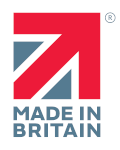What is the best material for making a raised bed?
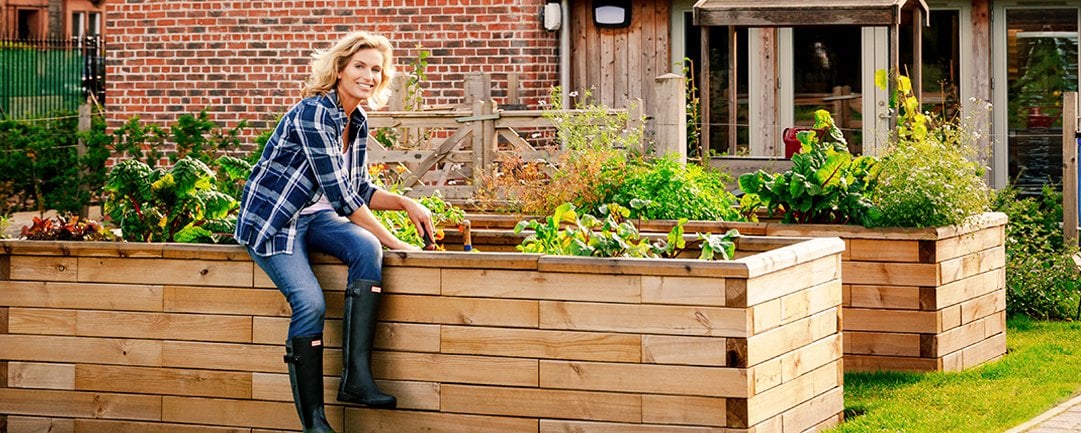
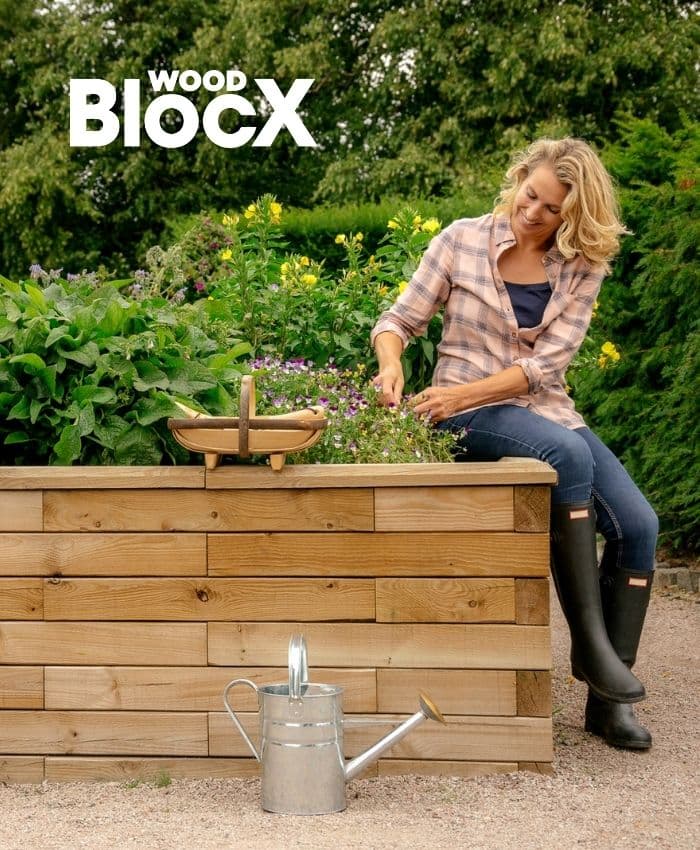
An easy-to-build, waste-free material, that requires no cutting, drilling or power tools! No special skills are needed to build a WoodBlocX raised bed and each kit comes with a set of step-by-step build instructions.
Easily adapted to suit your garden size and design, the individual blocks are similar to Lego and are built up like brickwork in no time at all. Held firmly together with a series of recycled plastic dowels, the layers of treated wooden blocks make a strong structure that will last for 15 years or more.
- All included in your modular kit which includes wooden blocks, capping, dowels, angle plates, ground spikes or brackets and your step-by-step build instructions.
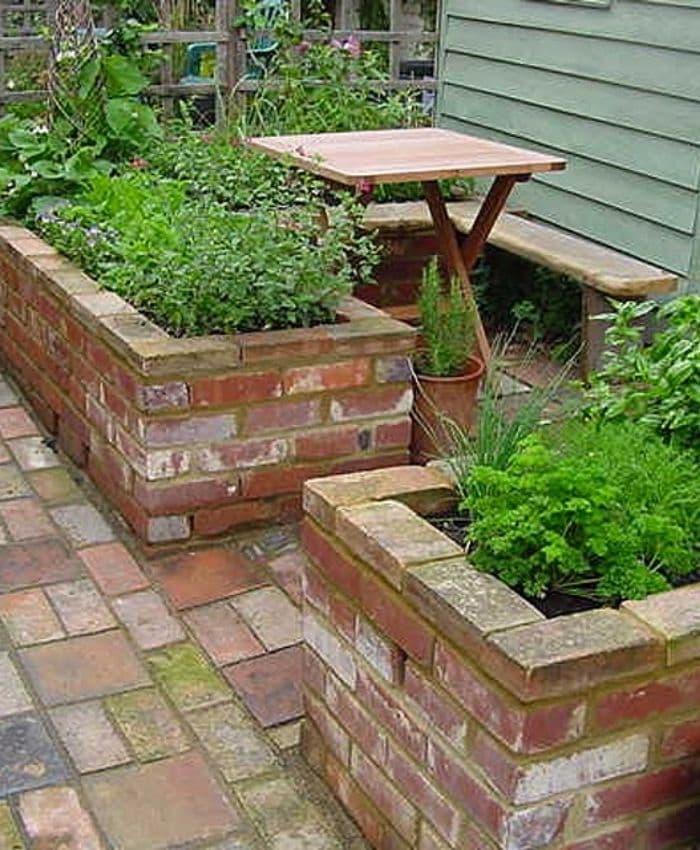
Brick Raised Beds
Raised beds can be made from either brand new or reclaimed bricks, you will need to include foundations to build on to create a stable structure. To build it you could set yourself a challenge but you will need to ensure that the bricks are laid straight and level and the mortar mix is correct. If you’re not confident in bricklaying it is best to enlist the help of a skilled tradesperson.
- Brick maintenance - Repointing of mortar joints, plus frost-damaged bricks may need to be replaced each year.
- Materials - Bricks, concrete for the footings, sand, cement and, coping stones.
- Costs - Based on a brick raised bed: Length 2.25m x Width 1.5m x Height 0.45m - approx £500 for materials buying directly from a trade merchant) Don't forget additional labour costs if you are not building the walls yourself!
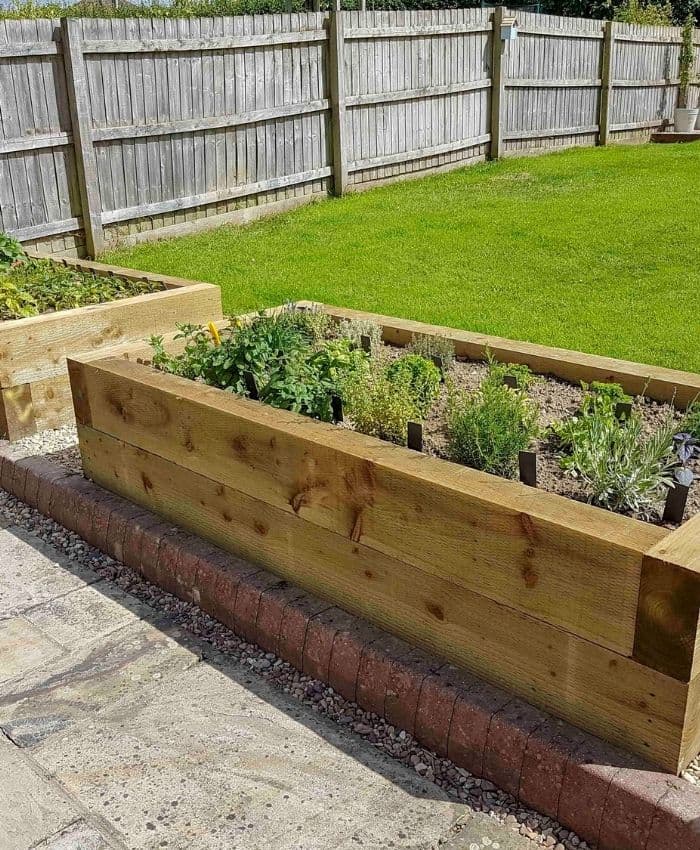
Railway Sleeper Raised Beds
such as
- Based on a size: Length 2.25m x Width 1.5m x Height 0.45m - approx £22 - £28 per timber sleeper (£330) and £100 for screws, brackets, reinforcing bars. Don't forget the additional labour costs if you require a tradesperson to build your structure.
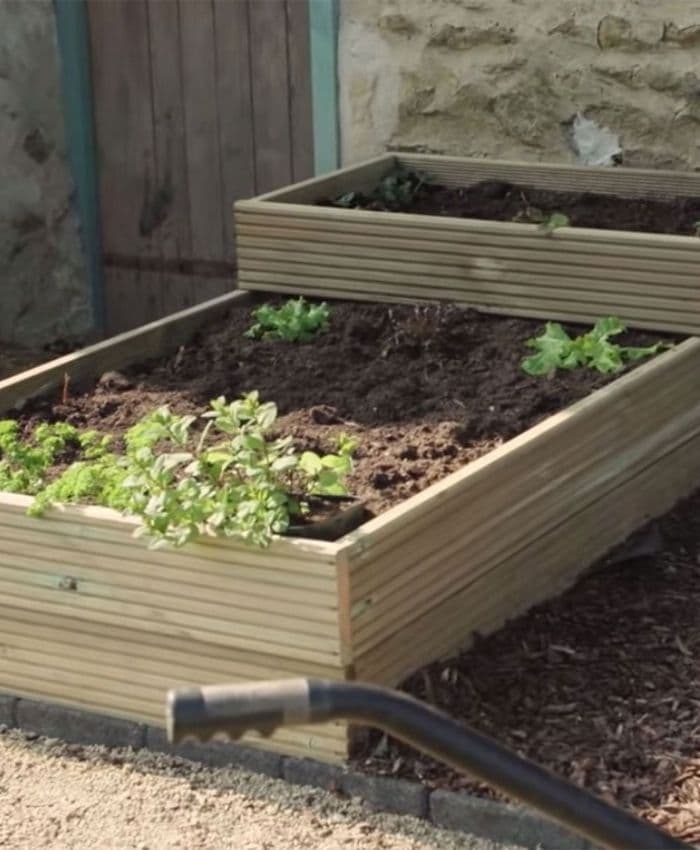
imply cut the boards to size and use timber stakes to reinforce the corners, helping to create a support frame. Wooden boards or decking boards are a good option for allotments, however, they are not long-lasting and will need to be replaced every few years.
- Wooden board maintenance - Replacing rotten and warped boards, every few years plus wood treatment or painting.
- Lengths of board are easily available in a variety of sizes, 3” or 2” timber for securing the boards in place, screws of varying lengths.
- Based on a raised bed size: Length 2.25m x Width 1.5m x Height 0.45m - approx £110 for boards, £10 3” / 2” timber and £10 for the screws. Additional labour costs may be required if you are not building yourself!
Is wood the best material for raised beds?
WoodBlocX offers a wide range of raised beds kits that look great and are easy to build. As an ideal railway sleeper alternative, WoodBlocX is an affordable raised bed solution. Why not use our Free Design Service to start your garden transformation project!



